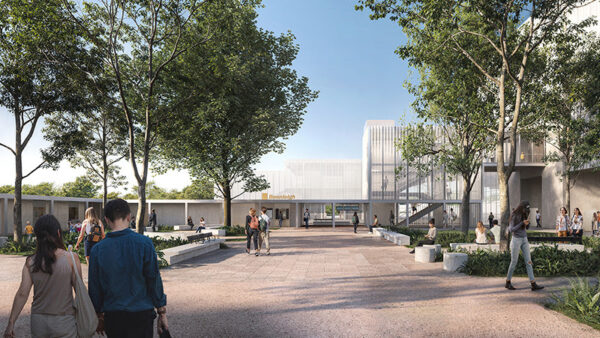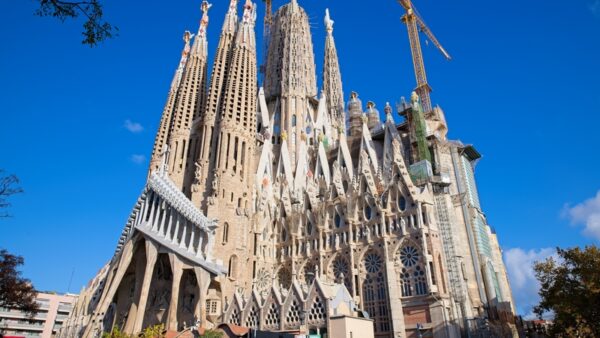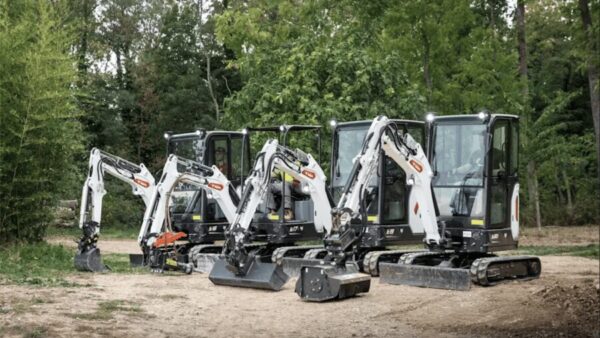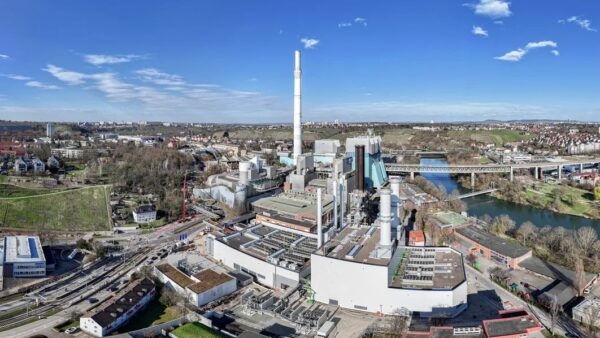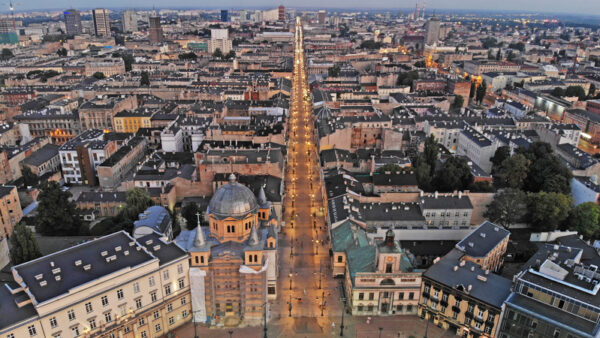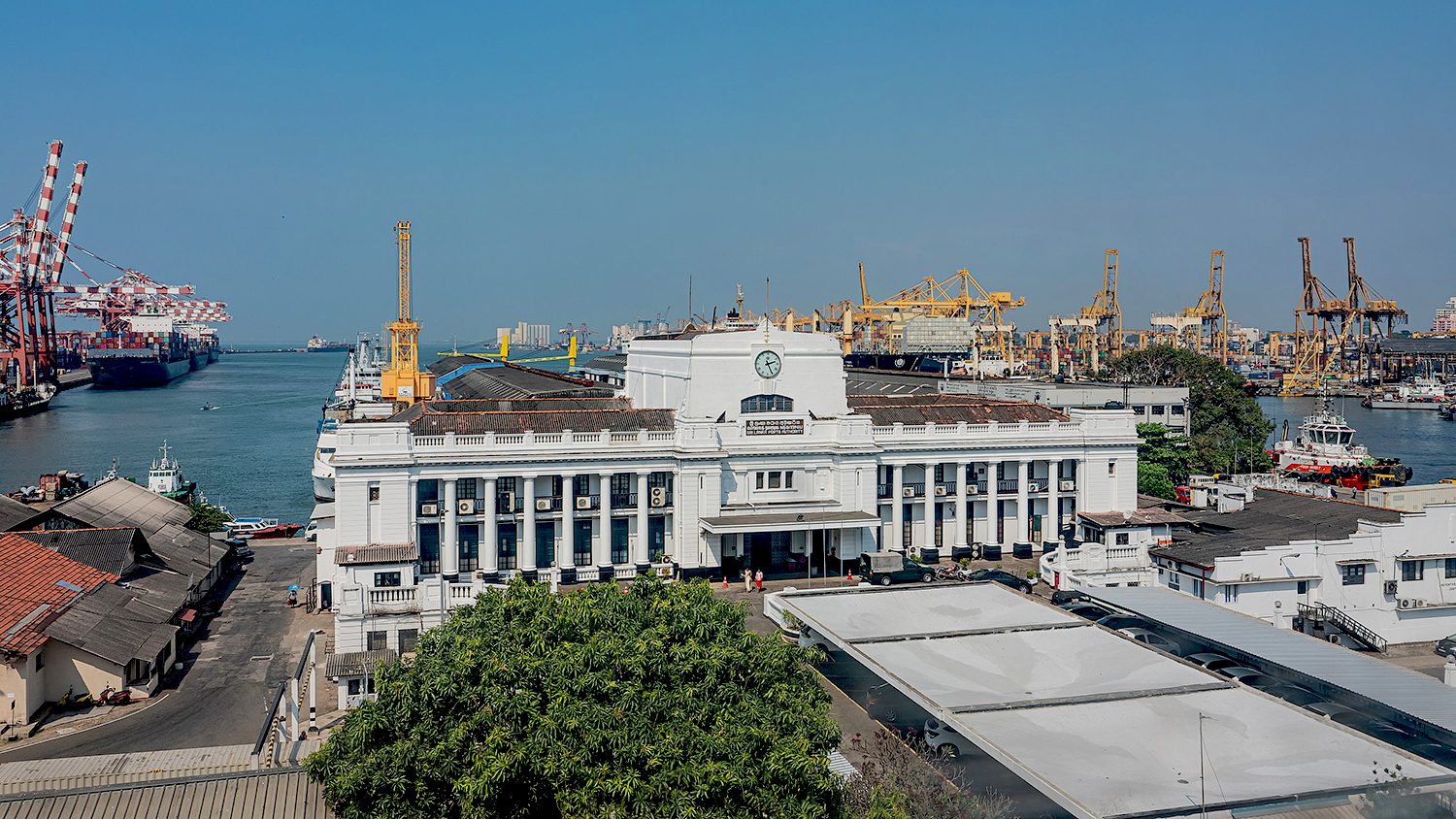
The US International Development Finance Corporation (DFC) says it will invest $553m in a container terminal in the Sri Lankan capital, Colombo.
It said the project would “transform Colombo into a world-class logistics hub at the intersection of major shipping routes and emerging markets.”
The DFC will make its loan to the consortium developing the terminal, which is 51% owned by India’s largest port operator, Adani. The other partners are Sri Lanka’s John Keells Holdings, which has a 34% share, and the Sri Lanka Ports Authority with the remaining 15%.
Although the DCF made no mention of China’s Belt and Road Initiative (BRI), the corporation was set up in 2018 to challenge it, and statements by US officials make it clear that the terminal is a response to Beijing’s growing influence in the Indo-Pacific.
In particular, Sri Lanka has emerged as a focus of the rivalry between China on one side and India and the US on the other.
Scott Nathan, the chief executive of the DFC, visited Sri Lanka to launch the deal. While there, he told reporters that it was “a high priority for the US to be active in the Indo-Pacific region”.
He added that Sri Lanka was one of the world’s “key transit hubs”, with half of all container ships passing through its waters.
“DFC’s commitment of $553m in private-sector loans for the West Container Terminal will expand its shipping capacity, creating greater prosperity for Sri Lanka – without adding to sovereign debt – while at the same time strengthening the position of our allies across the region,” he said.
Facilitating growth
The announcement comes as Sri Lanka is struggling to recover from a dire financial and economic crisis. Julie Chung, Washington’s ambassador to Sri Lanka, said the terminal would “facilitate private-sector-led growth in Sri Lanka and attract crucial foreign exchange inflows during its economic recovery.
She added: “This financing is symbolic of the US’ long-standing commitment to the development and well-being of the people of Sri Lanka. Sri Lanka regaining its economic footing will further our shared vision for a free and prosperous Indo Pacific.”
The DFC said the terminal would reflect its “commitment to financing high-quality infrastructure that supports its partner’s development needs, invests in local communities, and is respectful of local financial conditions”. It would also be financed and carried by the private sector.
This runs through a checklist of previous US criticisms of the BRI’s state-led approach to development.





